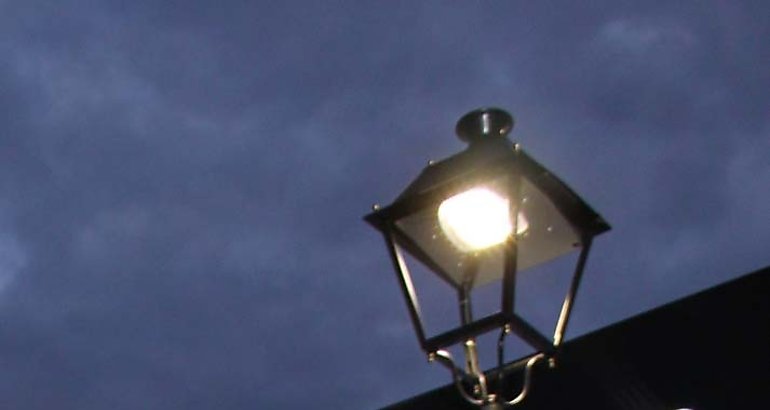Street lighting is central to an urban centre’s infrastructure. The City of Ryde in NSW is currently undertaking LED retrofit projects with smart control LED technology.
The technology is proving to be superior to older lighting technologies in reducing energy consumption and improving lighting management. Moving away from outdated technologies towards smart-controlled LED lighting yields a whole host of benefits from helping cities to save on lighting expenditure, improving lighting efficiency and reducing CO2 emissions.
In 2014-2015, The City of Ryde council commenced deploying LED Retrofit projects with smart controls. The City of Ryde council’s aim is to convert existing lamps to LED with smart controls as well as require all new lighting to be installed with similar technology. Manager of Asset Systems at the City of Ryde –NSW, Anthony Ogle, is appearing at the 5th Annual Australian Smart Lighting Summit 2017 to discuss the success story of the first two rounds of retrofitting. Ogle will profile what the current and potential market has to offer and benefits gained from smart control-equipped LED lighting.
Lighting replacement works are also taking place in regional Northern Tasmania where six Tasmanian councils are working together to replace over 9,000 street lights in partnership with Ironbark Sustainability. The councils include Launceston, Meander Valley, West Tamar, Northern Midlands, Georgetown and Break O’Day. To discuss these works Craig Plaisted, Sustainable Developments Project Manager at Meander Valley Council joins Liam Seymour, Engineering Officer – Hydraulics, City of Launceston in a joint presentation at the Australian Smart Lighting Summit.
The Australian Smart Lighting Summit will host Ironbark Sustainability’s Managing Director Paul Brown to summarise the latest updates on energy efficient street lighting retrofit projects taking place across Australia along with updates on smart control uptake.
Western Australia has also embarked upon energy efficient LED public lighting projects, with funding assistance from State and Federal Government. Council buildings and recreation areas, among other local government assets have been retrofitted with LED lighting. WA Local Government Association (WALGA) Environment Policy Adviser Laura Simes discusses LED technology in store for the state at the Summit.
Head of Lighting and Environment at the Australian Astronomical Observatory, Dr Fred Watson will expound on his work on energy efficient lighting and light pollution in the dark sky realm. The presentation will address how well-designed outdoor lighting can reduce energy waste and improve the nocturnal landscape.
The 5th Australian Smart Lighting Summit, profiling major street, outdoor, urban and public lighting, will convene in Melbourne at the Melbourne Convention and Exhibition Centre on the 13th and 14th of September 2017.



